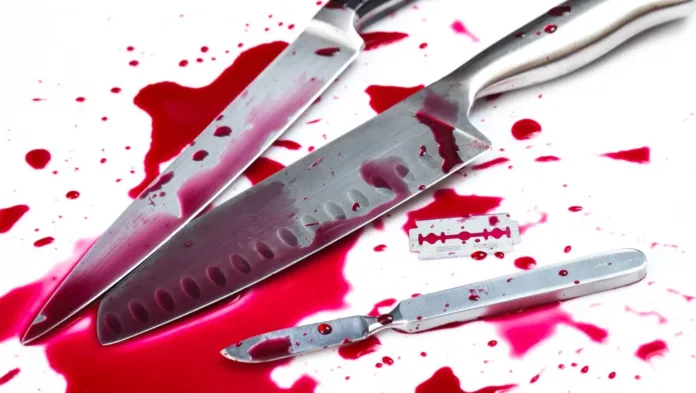Hanaa Bennis must serve full nine year sentence after judges reject plea over traumatic past
In a case that has stirred deep emotional debate across West London, the Court of Appeal has rejected the plea of Hanaa Bennis, a woman convicted of killing her abusive mother in a violent outburst at their home in Boddington Gardens. Despite harrowing accounts of childhood trauma and a history of abuse, Bennis’s attempt to reduce her nine-year sentence for manslaughter was dismissed, sealing a tragic chapter in a life already marked by suffering.
On 15 August 2022, a brutal confrontation between Hanaa and her mother, Aziza Bennis, ended with Aziza fatally stabbed. The scene that met police officers inside the family flat was described as “haunting” — blood on the walls, a motionless body, and a woman caught between defence and despair.
The court previously accepted that Hanaa had acted under diminished responsibility, influenced by years of psychological torment and abuse. Witnesses and psychiatric experts described a toxic household dynamic, where Aziza’s temper and violent behaviour cast a long, terrifying shadow over her daughter’s youth.
During the latest proceedings, Bennis’s defence argued that the original sentencing had failed to give due weight to her lifelong trauma. They claimed her mental state — shaped by consistent emotional, physical, and alleged sexual abuse — warranted a reduced custodial term.
Embed from Getty ImagesBut the judges remained unmoved. Baroness Carr, the Lord Chief Justice, delivered the ruling, emphasising that the original sentence had already reflected the gravity of Hanaa’s psychological injuries. The court, she said, had undertaken a comprehensive assessment of her mental condition before reaching the nine-year figure. To lower the sentence further would not serve justice.
The tragedy struck a painful chord for many. Hanaa was described by former neighbours and childhood acquaintances as a quiet, withdrawn girl who rarely smiled. Behind closed doors, she endured what she later called a “Hell on Earth,” subject to her mother’s volatile moods and relentless aggression.
On the day of the fatal altercation, Aziza allegedly lunged at her daughter with a knife. Hanaa’s response — a fatal retaliation — was immediate and fatal. For her, it may have felt like self-preservation. For the law, it was a crime of passion, tinged with mental deterioration but still a killing.
Her legal team pleaded for understanding. “This was not the act of a remorseless killer,” one barrister told the court, “but of a young woman pushed far beyond her limits.” Yet the facts were undeniable: Aziza was unarmed by the time police arrived, and the evidence of excessive force proved too stark to ignore.
The case reopens painful questions about how the legal system handles domestic abuse survivors who become offenders. It also underscores the tragic legacy of unchecked generational trauma — a cycle that, for the Bennis family, ended in bloodshed.
Outside the courtroom, reactions were mixed. Some sympathised with Hanaa’s years of silent suffering. Others mourned the irreversible ending of a mother-daughter bond, no matter how fraught. For those closest to the case, the lines between victim and perpetrator remain forever blurred.
Now, Hanaa Bennis will serve out the remainder of her sentence, a grim conclusion to a life defined by fear, survival, and a desperate, tragic act. Her story lingers as a dark cautionary tale — one where justice and heartbreak walk hand in hand.
